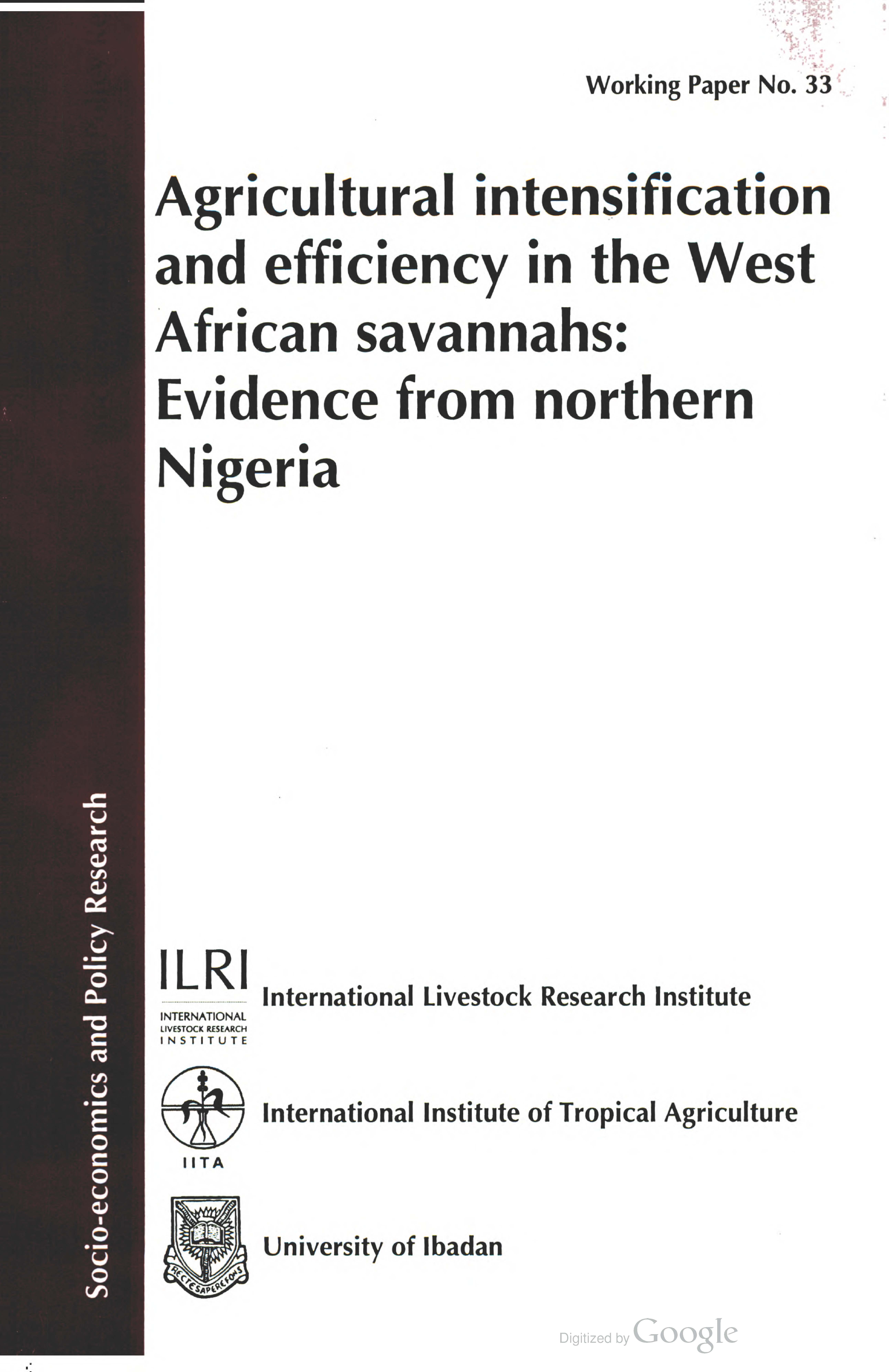Land disputes in Afghanistan – is enough being done to end the conflict?
Land disputes are threatening the prospects of post-war reconstruction in Afghanistan. Population growth, returning refugees, opium poppy production, ethnic tension and drought have increased the pressure on the land. A growing number of rural Afghans are either landless or own plots too small for survival. Competition over pasture is leading to armed clashes between nomads and settled farmers. Neither the Karzai government nor the international community is doing enough to restore order to land relations.






